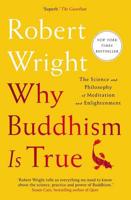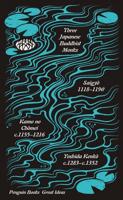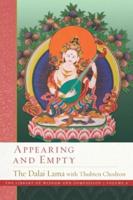Publisher's Synopsis
The cover-diagram shows the tradition of the Buddhist "Dharma Character School" (Chin. Faxiang zong, Jap. Hosso-shu), as seen by the Japanese temple Kofuku-ji in Nara. In this school, studies of logic, especially questions of non-contradiction and valid inference, played an important role. These studies were part of the "Science of Reason" (Skt. hetuvidya, Chin. yinming, Jap. immyo), a Buddhist discipline that originated in India and later spread to Sino-Asia. After his return from India, where he had travelled extensively, the great scholar-monk Xuanzang (600ñ664) introduced it to China, and Korean and Japanese scholar-monks, who studied with him in Chang\'an, then brought it to their own countries. The first four names marked in the diagram refer to the Indian scholars Asanga (4th century), Vasubandhu (4th century), Dignaga (c. 480-540) and Sankarasvamin (-500-).












